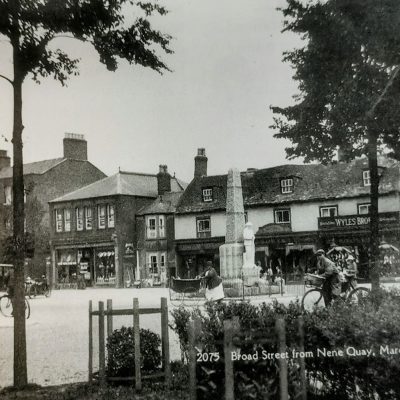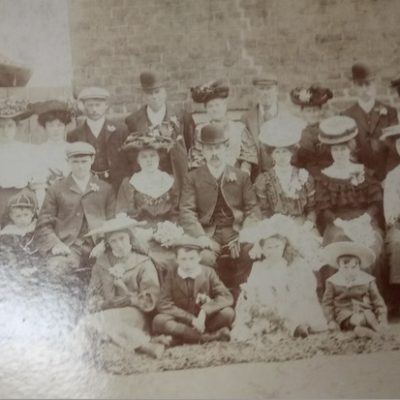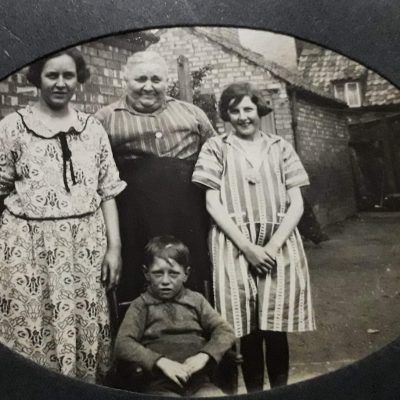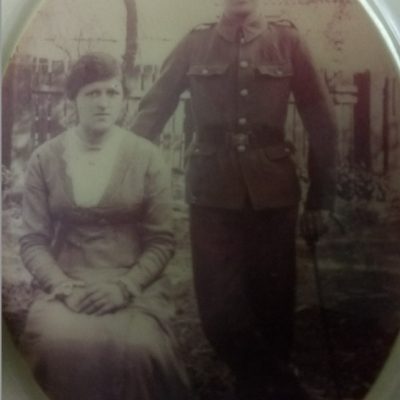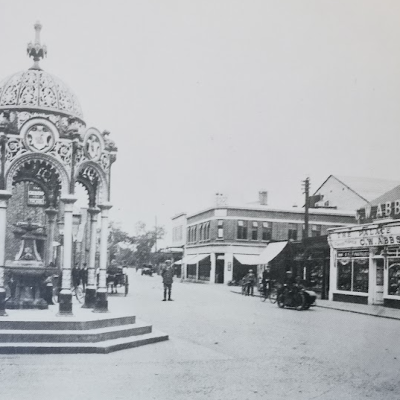Search by topic
- archaeology
- Building of Local Interest
- charity
- church
- crime
- dressmaker
- fire
- Great Eastern Railway
- Listed building
- Mapping Relief
- medieval
- oral history
- poverty
- Public House
- Rattee & Kett
- Religious House
- Roman
- scholar
- school
- Then and Now
- tudor
- women
- work
- world war one
- world war two
Search by text
Grandford, March
History of Romano-British Village at Grandford, March.
Between 1958 and 1964 excavations were carried out at the site of the very large Romano-British settlement near Grandford House. See Proceedings of the Cambridge Antiquarian Society Volume LXX 1980, report by T W Potter and C F Potter. This excavation focussed on the unploughed area of the site; by 1967 this last remaining untouched section had also been ploughed over.
The discussion at the end of the paper draws the following conclusions:
- Initial occupation seems to have begun c. A.D. 65-75 probably in Nero’s reign. This makes it an exceptionally early Fenland site of this kind.
- Conditions would not have been easy; there is evidence of death by drowning but the site would have been drying out.
- Circa A.D. 90 there were substantial timber frame buildings and the rubbish indicates that the inhabitants were reasonably well off.
- The main industry was agriculture. Sheep were bing kept for their wool and there may have been a local weaving industry.
- 5. In the middle of the Third century there was a disastrous flood. Other sites such as Stonea, Hockwold, Welney and Earith are known to have flooded around the same time.
- Grandford was soon reoccupied after the flood. Stone was used for the footings of the buildings now but the rest was of timber. Window glass was used.
- Occupation persisted until about A.D. 390. There is no evidence of occupation in Saxon times. This is consistent with the apparent abandonment of other ‘islands’ in central Cambridgeshire in the early 5th century.
Contribute
Do you have any information about the people or places in this article? If so, then please let us know using the Contact page or by emailing capturingcambridge@
License
This work is licensed under CC BY-NC-SA 4.0






